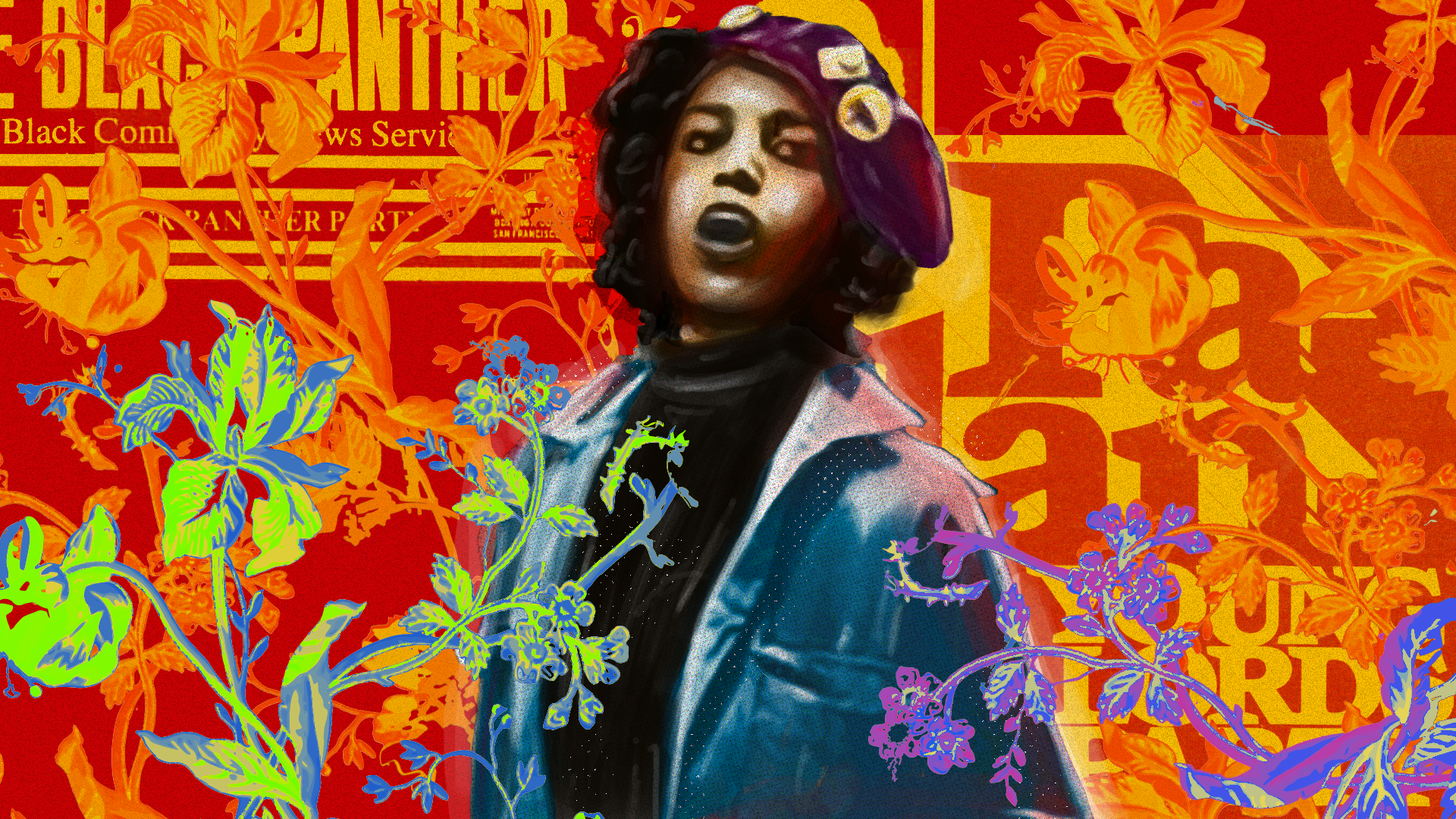The Vanguard Poems I
*excerpt from an ongoing series*
the poems took up the jackets of the vanguard.
the poems wheat-pasted the faces of Guerillas over the windows of pastiche
cultural bookstores.
the poems did not hesitate to take to the sewers, the alleys,
and the bandos for safe passage.
the poems aided the Colony and started schools
where Nkrumah was first-day reading.
the poems understood that consciousness is a reparatory practice so
threaded clothes for the cold and sutured wounds of the weary
and the wicked alike.
the poems debated the books about financial literacy and legality
personal responsibilities, fatalist philosophies, and military histories.
the poems debated the bible and the books
that ended in catharsis.
the poems debated the blues.
the poems debated their writers when their writers became
fearful of the poem's principles.
the poems then told them all to settle their squabbles
and join their ranks.
the poems made the cities their arena.
the poems reconfigured their sonnets to creep
into the prisons.
into solitary confinement.
into the books read by soldiers buried under
the mud of 23 and 1.
the poems broke them out one at a time.
for those too sick with hesitation,
the poems still captured their love songs
to recite in the ghetto barracks back home.
the poems did not weep for their dead.
the poems celebrated their efforts with
war cries from the depths of their couplets
and into the fires of fallen drones and factories in ruin.
the poems ran the enemy out of town when
the enemy could no longer propagandize the poems as
evil—once the people wrote back to the poems haikus of solidarity.
the poems took up the jackets of the vanguard.
the poems won the war.
The Vanguard Poems II
*excerpt from an ongoing series*
the poems walk the children outside first.
the fires softened and the poems kiss sunrise.
the children find their hiding place in the cockpit of a fighter jet.
the poems do not know what to do with themselves
but they know to watch the children.
not because they are in danger but because the babies are safe.
the poems organize breakfast in a burnt-out diner
which may have been a base of operations.
no one knows.
the war was long
and not all of the details have been recorded.
the poems sing the songs which
their children's children will call history.
songs that sound like Georgia Jackson kissing on
both her baby boys during bath time.
songs that sound like Jonathan Jackson might
actually get to be a child this time.
the poems gather reports on their injured and commemorate them
not with libations but with crucifixes repurposed as adinkra symbols.
a death cult repurposed into sun language.
the poems count the heads present to count the heads missing.
the poems took no prisoners and so they counted the measure
of the enemy's humanity with the respect they may or may not deserve.
no one knows.
the war was long
and not all of the questions can be answered the morning after
old glory came down and no flag shall take its place.
the poems do not know what to do with themselves.
the poems had not been written past a hypothesis.
the poems wonder what is a poem without a poet to think it's ending.
the poems think too much say the easy street, clear of patrols,
clear of its wounds.
the street begins to release the spirits of boys and girls hiding out
from the reaper born from the sharp teeth of the baron's greed after
years of killing.
the reaper takes its leave.
the ancestors take its place and begin to collect their kin.
the poems finally cry come midday.

